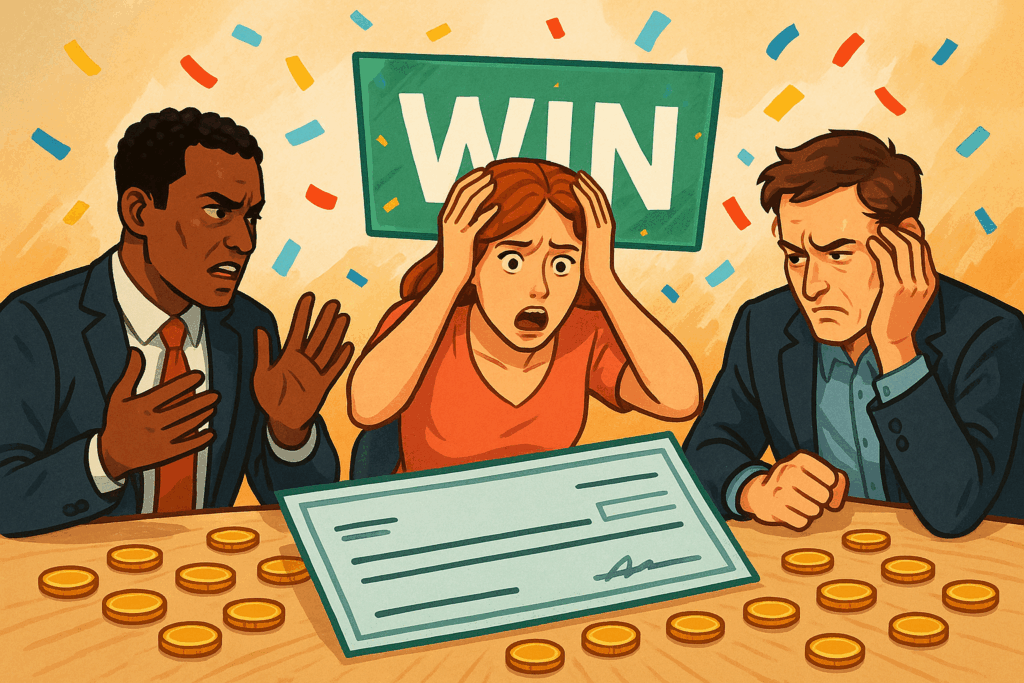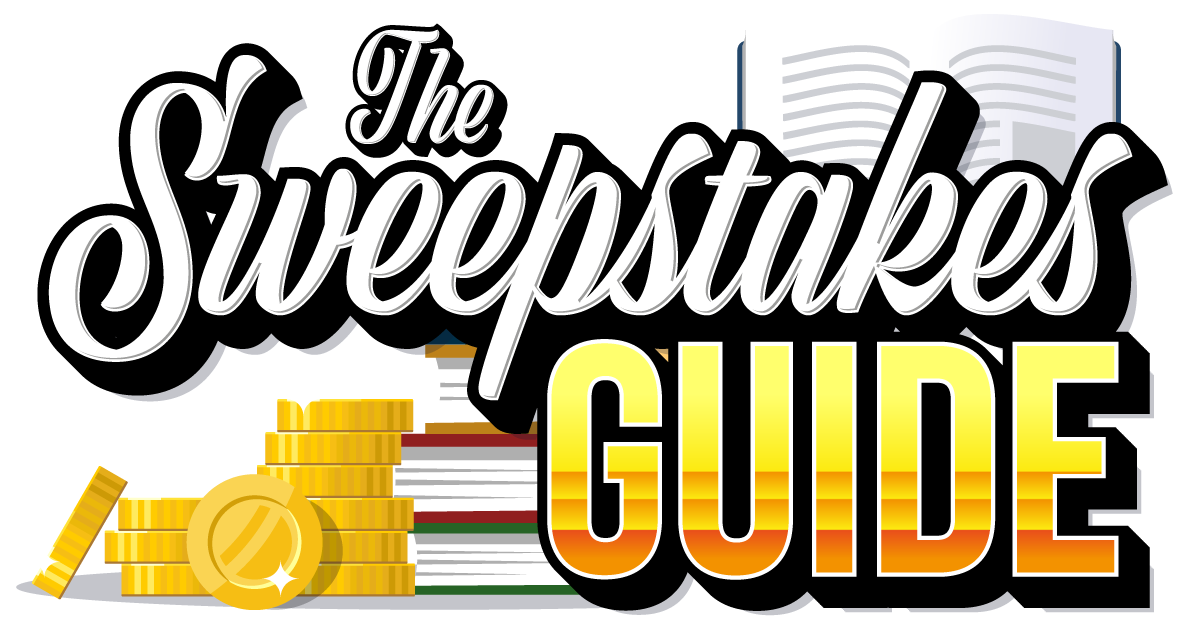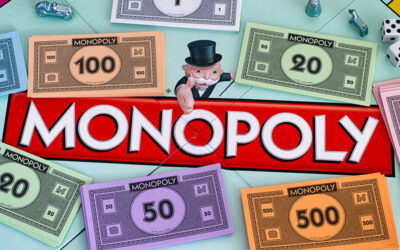For every hopeful sweepstakes entrant dreaming of a shiny new car or an exotic getaway, there’s someone out there who’s actually received that life-changing phone call or surprise package. The world of giveaways and contests has produced unforgettable moments of joy, and in some cases, controversy. From heartwarming tales of luck to eyebrow-raising scandals, these real-life stories offer a fascinating glimpse into the highs and lows of chasing prizes.
The Lucky Ones: Real Winners, Real Dreams

Let’s start with the good stuff—people who beat the odds and came out on top.
Natalie Bostelman, a postal worker from Ohio, entered a sweepstakes on a whim and ended up winning $1 million from PCH (Publishers Clearing House) in 2008. Her win was so iconic she became a brand ambassador for the company. She didn’t just receive the massive check—you’ve probably seen her in PCH commercials since then. Her story exemplifies how everyday people can find themselves in extraordinary situations with a single entry.
Sandra Grauschopf, one of the internet’s most famous sweepstakes bloggers, has won hundreds of prizes over the years, from cash and electronics to a trip to Disneyland. Her strategy? Consistent, daily entries and focusing on sweepstakes with low competition, like local contests or niche product giveaways.
And sometimes, winners don’t even realize they’ve won. In 2017, a Michigan woman named Jennifer Mihalak threw away what she thought was junk mail—only to retrieve it hours later and discover she had won a $1 million Powerball second-chance drawing. She credits the win to “a feeling” that told her to double-check the trash.
Behind the Curtain: Controversies and Scandals

Unfortunately, not every sweepstakes story has a happy ending. Over the years, the industry has faced its fair share of criticism and scandal.
Perhaps the most infamous case is the McDonald’s Monopoly fraud scandal, which rocked the nation in the early 2000s. From 1989 to 2001, a security officer hired by Simon Marketing (McDonald’s promotional partner) rigged the game by stealing the rare winning pieces and distributing them to friends and associates in exchange for kickbacks. Over $24 million in prizes were fraudulently claimed. The FBI eventually busted the ring in an investigation dubbed “Operation Final Answer,” and multiple people served prison time.
Another high-profile mess came in 2011 when CVS Pharmacy ran a promotion promising thousands of gift cards and prizes. But a programming error sent emails telling nearly 200,000 people that they’d won $1,000 gift cards—when they hadn’t. After customer backlash and legal threats, CVS ended up issuing small consolation prizes and apologies, but the PR damage had already been done.
Even sweepstakes from beloved brands like Pepsi haven’t been immune. In the 1990s, a Pepsi commercial aired in the Philippines implied that bottle caps could win entrants big cash. A cap labeled “349” was mistakenly declared a winner due to a printing error—resulting in riots, lawsuits, and even fatalities in what became known as the “349 incident.” Pepsi eventually paid out over $10 million in settlements.
Lessons from the Frontlines

What can these stories teach us?
Legit sweepstakes do have real winners—many of whom are just average people who enter consistently and responsibly.
Transparency and fine print matter. Many sweepstakes problems arise when companies are unclear about terms, limits, or odds.
Scams are common. If someone asks you to pay to claim a prize, it’s almost certainly a fraud. Real sweepstakes never charge winners.
Luck favors the persistent. Most long-term winners enter dozens, even hundreds, of sweepstakes each month.
Final Thoughts
The world of sweepstakes is a blend of excitement, opportunity, and—occasionally—controversy. From million-dollar surprise wins to rigged games and accidental jackpots, the stories are as diverse as the entrants themselves. Whether you’re in it for fun, free products, or the fantasy of fortune, understanding the real-world history of giveaways can help you play smarter—and maybe even become part of the next big story.



